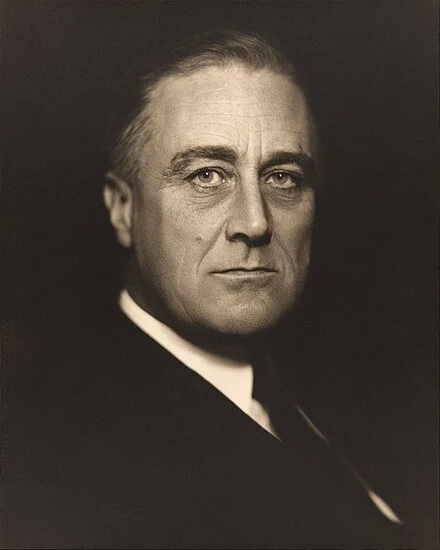Every columnist occasionally has a housekeeping day. Hard-working David Brooks, of The New York Times, is no exception. Last week Brooks offered nine, count-em, nine grand narratives packed into a single 866-word column, the material currently on his desktop cleaned up and put away, presumably to get ready for another week.
Four of these sources of identity were from a “superbly clarifying speech” by George Packer, author of The Unwinding: An Inner History of the New America. Not four, mind you, but the four. Depending on who doing the telling, Packer said, the American story is to be understood as fundamentally libertarian (“free markets and free minds”), or a matter of globalization (technology regnant), of multiculturalism (overcoming bigotry), or of isolationism (make America great again).
Since none of these narratives offers a basis for governing in the 21st Century, Brooks noted two more, found in an essay by Michael Lind, “The New Class War,” which appeared recently in a new maverick conservative journal. If you haven’t seen it, American Affairs, is worth a look, as is Jacobin, a new left-wing counterpart.
The transatlantic class war between neoliberal elites and working-class populists that produced the Brexit vote and the election of Donald Trump must evolve as “cross-class settlements” in one of two ways, wrote Lind. Perhaps a banana-republic world is here to stay, a Latin American model in which populists perpetually battle oligarchs and their managerial allies.
Alternatively, Lind wrote, the sort of social contract that guided Japan, South Korea, Taiwan and Singapore in the years after 1945 might emerge, different in details but similar in spirit: “cautious, suspicious, military-inflected development…” occurring within the borders of four great blocs: the U.S., China, perhaps India, and a politically divided Europe, the sort of world that George Orwell envisioned in Nineteen Eight-Four.
Stimulated by Lind, Brooks adduced two slight variations, both of them descended from the original civic myth that Brooks described in a column a couple of months ago, namely the Exodus story. In that account, national unity in the U.S. had long depended on the shared experience of having at some point left the Old World for the New, of having ventured into a wilderness in order to join in the creation of a shining example to all humankind. But that story depended on a high degree of national self-confidence traditionally buttressed by religious conviction. For one reason or another, it no longer worked. An American “identity crisis” was at hand.
Hence Brooks offered two new possibilities for going forward. One of them was to embrace Lind’s mercantilist model of the U.S. as one contender among several in a multipolar world. “In this, to be American is to be a member of the tribe, and the ideal American is to be a burly protector of the tribe,” which Donald Trump aspires to be.
The other story that Brooks envisaged is about “the talented community,” a celebratory image of America as “history’s greatest laboratory for the cultivation of human abilities,” a generous, open, welcoming society in which “everything is designed to arouse energy and propel social mobility” – in short, “an Exodus story for an information age.”
I have a narrative, too, but it isn’t suited to the space or time I have today. So much, then, for this columnist’s housecleaning day.
David Warsh, a veteran economic historian and business and political columnist, is proprietor of economicprincipals.com, where this first ran.














